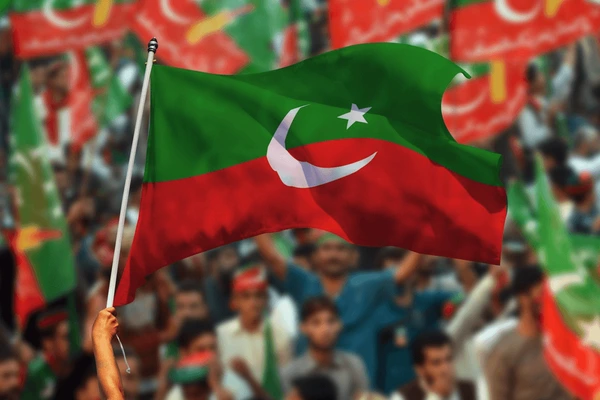Pakistan Tehreek-e-Insaf (PTI)-backed independent candidates, victorious in the February 8 general elections, are set to join the Sunni Ittehad Council (SIC) in a strategic move to secure seats reserved for women and minorities, announced PTI’s interim chief Gohar Ali Khan on Monday.
Explaining the rationale behind the decision, Khan stated, “All PTI-backed independent candidates who won seats in the national election will join Sunni Ittehad Council. We have done this to have reserved seats allocated to us in the national assembly.”
This development comes after PTI forged an alliance with SIC on Sunday, following its decision to sit on the opposition benches and launch a nationwide campaign against alleged electoral irregularities. The move indicates PTI’s renewed efforts to form governments in the Centre, Punjab, and Khyber Pakhtunkhwa.
According to reports, PTI leaders are determined to establish governments, with Omar Ayub emerging as the prime ministerial candidate. Despite contesting without PTI’s electoral symbol ‘bat’, the party claims to have secured 30 million votes for PTI-backed candidates.
Furthermore, Khan asserted that PTI had won 180 seats in the National Assembly, 115 in Punjab, 16 in Sindh, 42 in Khyber Pakhtunkhwa, and four in Balochistan, with additional seats pending. This realignment of political alliances underscores PTI’s strategic maneuvering to consolidate its position in the aftermath of the elections.
Prior to the agreement with SIC, PTI had formed an alliance with the Majlis Wahdat-i-Muslimeen in Punjab and at the federal level. However, this decision reportedly drew criticism from the Jamaat-i-Islami (JI), which had been in talks with PTI for a similar coalition in Khyber Pakhtunkhwa but expressed disinterest in a ‘limited alliance’.
Meanwhile, Pakistan’s major parties, Pakistan Muslim League-Nawaz (PML-N) and Pakistan Peoples Party (PPP), are engaged in negotiations to overcome their differences and form a minority coalition government amidst political uncertainty.
Ishaq Dar, representing Sharif’s party, confirmed ongoing discussions, stating, “Both the parties haven’t yet agreed on final points. Negotiations are underway on various proposals.” The PPP, led by Bilawal Bhutto Zardari, has conditionally pledged support to the PML-N, indicating willingness to vote for Sharif to assume office without seeking cabinet positions.
